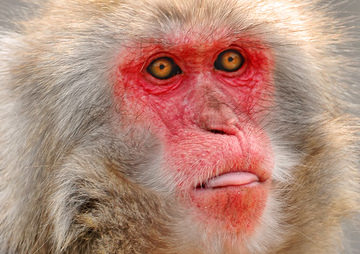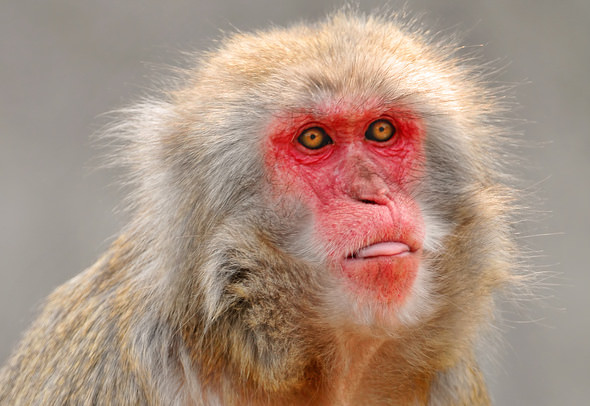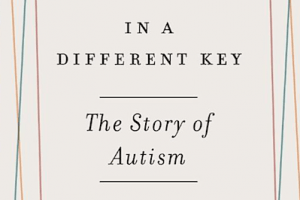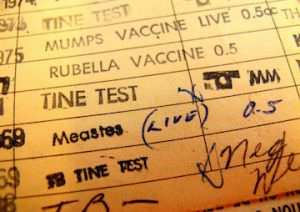Scientists Create Monkeys With Autism Gene
Researchers in China have engineered monkeys to develop symptoms associated with autism in the hope that scientists can find a treatment for the condition in humans.

A red-faced macaque. (Tambako the Jaguar / CC BY-ND 2.0)
Researchers in China have engineered monkeys to develop symptoms associated with autism in the hope that scientists can find a treatment for the condition in humans.
CNN reports:
A team of researchers at the Institute of Neuroscience in Shanghai created the special test-tube monkeys by giving them copies of the MECP2 gene thought to be linked to autism in humans.
They say the macaques, the second generation to have the gene, showed asocial behavior at 11 months. […]
According to Nature, autism has a vast array of symptoms and types and researchers think that at least 100 genes play a part.
Until now animal studies of autism have relied on lab mice — far removed from humans in terms of genes and behavior.
Alysson Muotri, who researches stem cells, autism and Rett’s syndrome at the University of California, San Diego told Nature that the macaques are “superior” to existing mouse models because monkeys more clearly show autism-like behavior.
However, he urged caution: “It remains to be seen if the model can actually generate novel insights into the human condition,” he says.
Read more here.
— Posted by Alexander Reed Kelly.
Independent journalism is under threat and overshadowed by heavily funded mainstream media.
You can help level the playing field. Become a member.
Your tax-deductible contribution keeps us digging beneath the headlines to give you thought-provoking, investigative reporting and analysis that unearths what's really happening- without compromise.
Give today to support our courageous, independent journalists.








You need to be a supporter to comment.
There are currently no responses to this article.
Be the first to respond.